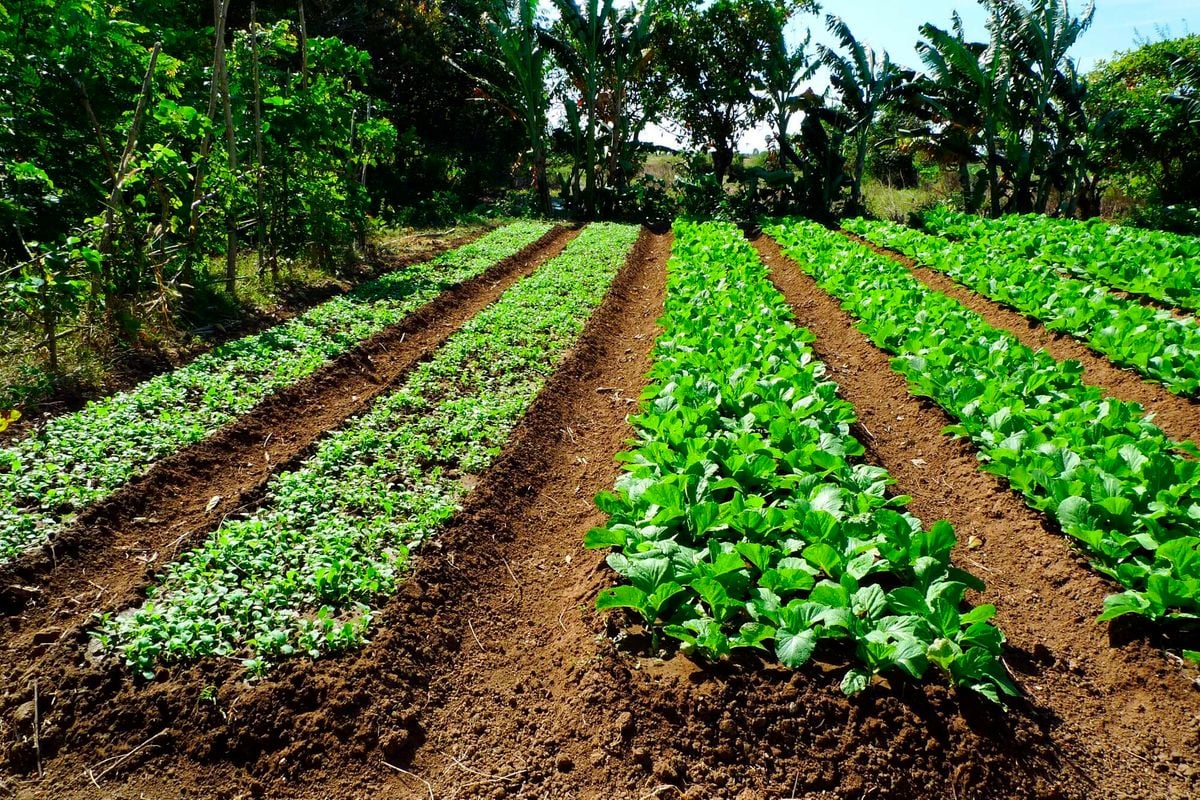
When you think of innovation in Kenya’s ‘Silicon Savannah’, the first image that comes to mind is a tech startup scene. It’s natural, especially with all the buzz around artificial Intelligence (AI), mobile apps, fintech, and digital platforms.
But there’s a broader, equally vibrant side of Kenya’s business landscape that often gets overlooked—non-tech businesses in established industries with proven business models. From regenerative agriculture, to manufacturing hubs, to services, these industries are quietly driving significant economic growth.
As investors, we’ve been quick to jump on tech’s rapid-growth train. But today, I want to talk about why it’s time to broaden the conversation and consider the potential in our more traditional industries—because they’re not as traditional as you might think.
They’re evolving, adapting, and thriving, and they deserve a place at the investment table.
Kenya’s non-tech businesses are the bedrock of our economy. Agriculture, manufacturing, retail, and hospitality—these sectors employ millions, sustain livelihoods, and contribute a substantial share to our Gross Domestic Product. Yet, when it comes to investment, these proven industries often get overlooked in favour of high-growth tech ventures.
This isn’t about choosing one over the other. It’s about recognising the unique opportunities across the economy. For example, consider a hotel or adventure park in Nanyuki, a town that’s quietly becoming a hub for domestic tourism. Or think about a farm in Machakos implementing innovative irrigation and water management systems to boost efficiency.
These ventures might not offer explosive returns in five years, but they provide steady, long-term value with predictable cash flows that can compound. As the economy expands, these businesses are also innovating—adopting new practices, reaching new customer bases, and staying resilient.
The question is: are we ready to be patient for this kind of sustainable, long-term growth?
What makes non-tech businesses a smart investment? The first thing to understand is that non-tech businesses aren’t “old-fashioned” or “slow.”
They are often deeply embedded in communities, have loyal, large and growing customer bases, and deliver essential services or products that people rely on every day. Their growth may not be exponential, but it’s consistent, resilient, and stable.
These businesses don’t need to completely disrupt industries—they need patient capital and strategic support to scale up. The same goes for manufacturing, where local factories are producing high-quality goods, creating jobs, and contributing to local economies. Yet, they often struggle to secure the investment required to fully realise their potential
In Kenya today, a quiet revolution has been brewing, and it’s happening in the heart of our communities. Consumers are increasingly seeking out “Made in Kenya” products—not just as a nod to national pride, but because these goods resonate with their everyday lives.
Picture the supermarkets in Nairobi filled with fresh produce from local farmers or beautifully crafted furniture made by skilled artisans in Eldoret. These aren’t just products; they are stories of dedication, craftsmanship, and understanding of local needs.
As traditional industries like agriculture, retail, and manufacturing localise their offerings, they’re proving that innovation isn’t confined to the tech world.
They’re creatively responding to what Kenyans want—affordable, relevant products crafted for local tastes. And this is where the magic happens. By investing in these businesses, you’re supporting a vision that enriches communities and fuels economic growth.
For investors, it’s an invitation to participate in a movement that offers genuine returns. Non-tech businesses may not always promise explosive growth, but they are the lifeblood of our economy.
They create jobs, foster loyalty, and build essential services that people rely on every day. The return on investment here isn’t just monetary; it’s about making a meaningful impact in people’s lives and growing Kenya together.
Changing the investment mindset
To truly harness the potential of non-tech industries, we need to shift our investment mindset. Instead of chasing after the latest tech hype or lean startup model, let’s appreciate the value of stability and resilience these sectors offer.
Think about it—agriculture and manufacturing have stood the test of time, evolving to meet new consumer patterns and demands. These businesses are innovating, whether it’s a dairy farm adopting sustainable practices or a local factory optimizing production methods.
This is where investors can play a transformative role. By providing patient capital and strategic support, we can empower these businesses to scale while staying true to their roots.
Unlike the volatile tech landscape, where rapid growth can often lead to instability, investing in local industries offers a different kind of assurance: the satisfaction of knowing you’re contributing to the foundation of our economy.
As we navigate this evolving investment landscape, let’s remember that success isn’t solely about who scales the fastest. It’s about sustainability, community, and building relationships. The “Made in Kenya” movement isn’t just a label; it’s a commitment to quality, authenticity, and innovation that benefits us all.
So, whether you’re a seasoned investor looking to diversify your portfolio or a small business owner striving to make a difference, this is your moment.
Let’s work together to nurture these local industries, champion the products that reflect our culture, and invest in a future where everyone thrives. The next great opportunity is waiting for us—right in our own backyard.









